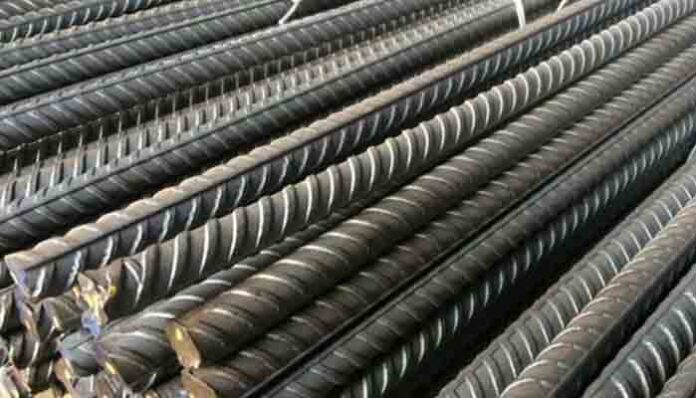ISLAMABAD: Large steel producers in Pakistan have issued a dire warning as electricity and petrol prices continue to skyrocket, pushing the steel industry to a breaking point. The steel sector is strongly protesting against the massive increase in costs, which poses a severe threat to its survival and jeopardizes millions of jobs.
Wajid Bukhari, the Secretary General representing the steel industry, expressed deep concern over the colossal surge in the cost of key inputs, which he sees as a betrayal to the sector. The recent price hikes in electricity and petrol will not only escalate production costs but also push the industry to the brink of closure, endangering millions of livelihoods.
“The sharp increase in electricity tariff and petrol prices will deliver another heavy blow to an industry already reeling from inflation, soaring financial charges, and relentless fuel price hikes,” said Bukhari. “The massive currency depreciation has exacerbated the financial crunch, and the recent electricity price surge is a further blow that we cannot sustain.”
Over the past year, electricity prices have surged by over 78%, from PKR 28/unit (with taxes) in June 2022 to approximately PKR 50/unit (with taxes) in July 2023. The recent hike of PKR 7.5/unit, constituting a 34% increase in the basic tariff, along with frequent upward adjustments in electricity rates, will severely impact the steel industry, which heavily relies on power.
As one of the major power consumers, the steel industry will bear the burden of rapidly increasing electricity costs, which account for nearly 50% of the total production expenses. The surge in power rates will further inflate production costs, leading to an inevitable increase in steel product prices.
“The consequences of this drastic increase in electricity tariffs are grave,” warned Bukhari. “We anticipate an additional PKR 8,000 to PKR 10,000 per ton increase in steel prices due to the hefty electricity bill. When combined with the impact of financial charges, transportation costs, and currency depreciation, the overall rise in steel prices may range from PKR 15,000 to PKR 18,000 per ton.”
The steel sector highlights a concerning trend, where the relentless surge in petrol and power prices continues without any respite. Energy tariffs in Pakistan are now the highest in the world, severely hindering the domestic steel industry. Comparatively, electricity prices in Pakistan are nearly 55% higher than Vietnam, 45% higher than Bangladesh, 41% higher than China, 29% higher than Ukraine, and 21% higher than India.
“The exorbitant energy tariffs in Pakistan are rendering the steel industry uncompetitive and inhibiting its growth potential,” said Bukhari. “The disparity in energy costs hampers our ability to compete internationally and poses a serious threat to the future of the steel sector.”
In light of these challenges, the large steel producers urgently call upon the government to address these pressing concerns and find immediate solutions. Failure to do so could have far-reaching consequences, hindering the country’s progress and impeding its ability to meet its needs and aspirations.





very articulate.